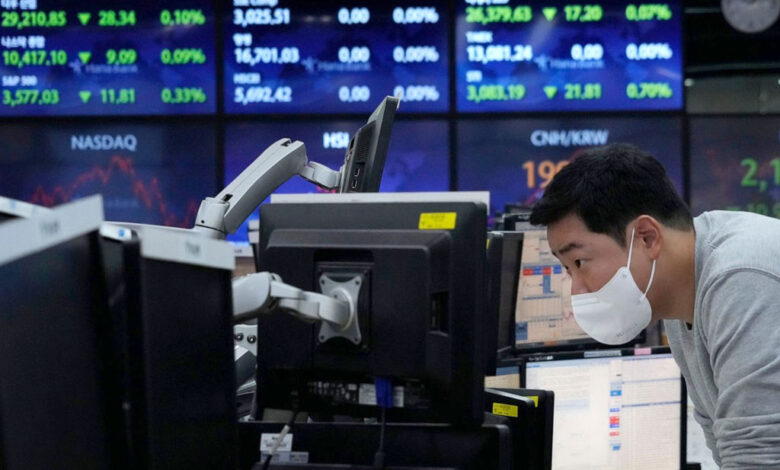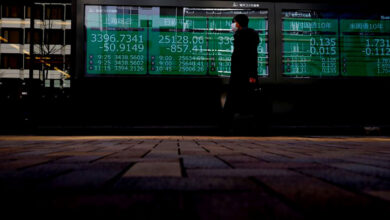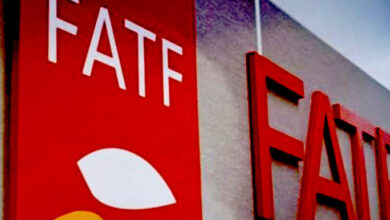Asian Stocks Climb as Banking Concerns Subside, But China Trails Due to Growth Uncertainties

On Tuesday, Asian stock markets mostly rose, as concerns about a banking crisis eased. However, Chinese stocks lagged behind as doubts emerged about a quick economic recovery this year, with a string of weak earnings reports. Australia’s ASX 200 was the best performer, up 0.9%, due to retail sales growth that was slightly better than expected in February. South Korea’s KOSPI rose 0.7%, while Thailand stocks led gains across Southeast Asia with a 0.7% rise. However, losses in China limited the positive sentiment. The Shanghai Shenzhen CSI 300 and Shanghai Composite indexes traded largely sideways after falling on Monday, due to weaker-than-expected earnings from China’s largest companies, including China Petroleum & Chemical Corp and China Hongqiao Group.
Analysts suggest that China is struggling with weak domestic and overseas demand, despite the lifting of anti-COVID measures earlier this year. The country’s once-booming export sector is running well below capacity, and bets on a quick economic recovery in China may have been overstretched. Chinese business activity data for March is expected to offer more cues on economic recovery in the country, but estimates suggest that growth may cool from the prior month. Despite this, Hong Kong’s Hang Seng index jumped 0.8% on Tuesday, largely due to technology stocks, and as the Chinese government promised to further open up local capital markets to overseas investors.
Broader Asian markets trended higher, tracking mild overnight gains on Wall Street. The government-brokered takeover of Silicon Valley Bank by peer First Citizens BancShares helped ease fears over an imminent banking collapse. Regulators also reassured investors that the banking sector was stable and that they stood ready to address any liquidity shortfalls. This helped reverse some negative sentiment that had crept into markets over the past few weeks, which had battered Asian stocks through March. However, other factors limited any major recovery. India’s Nifty 50 and BSE Sensex 30 indexes traded in a flat-to-low range on Tuesday as local investors digested a hike in transaction taxes on futures and options trade. Meanwhile, Japan’s Nikkei 225 index was flat, following signs that underlying inflation still remained high in the country, which could attract monetary tightening by the Bank of Japan.





